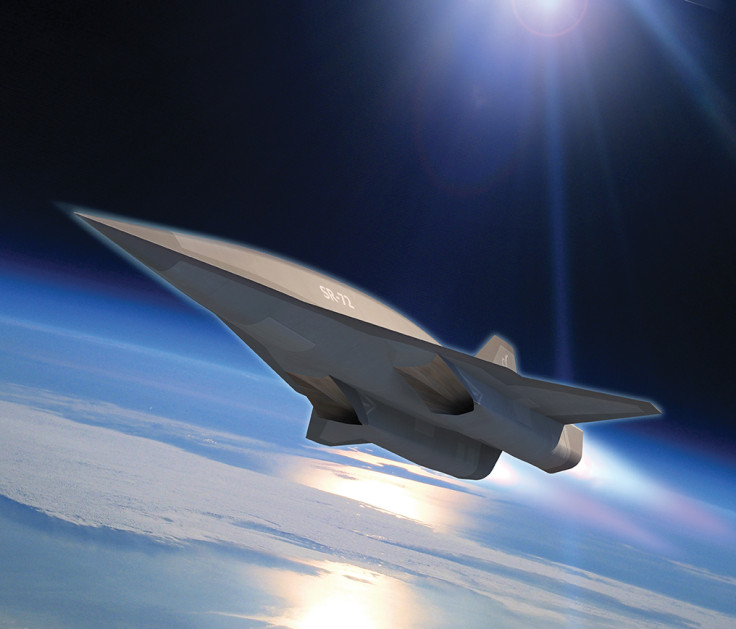SR-72 hypersonic drone might have already been tested by Skunk Works
The SR-72 could replace the SR-71 Blackbird, which was retired by the US Air Force in 1998.

Lockheed Martin's SR-72 might have already reached the testing phase and could be arriving a lot sooner than expected.
There has been a lot of talk about the US developing hypersonic drones and weapons by 2040, but reports suggest that flights and tests have already begun.
Lockheed Martin's Skunk Works division is developing the plane, which is touted to bring in the "hypersonic revolution". It will replace the iconic SR-71 Blackbird, which was retired by the US Air Force in 1998.
The SR-72 is likely to serve as a reconnaissance and strike aircraft that can reach speeds of up to Mach 6 – six times the speed of sound, or approximately 7,409kmph – reports Popular Mechanics.
According to the report, a small demonstrator aircraft was spotted landing at Skunk Works' grounds in California, which is believed to be closely associated with the SR-72 project.
The sighting corresponds with the aviation company's announcement earlier this year regarding the progress they have made in hypersonic research. They were reported to have said that "combine-cycle" engines, with a scramjet as well as jet turbine tech, will be used to reach hypersonic speeds.
A piloted flight research vehicle (FRV) is also being developed to study this engine and to further develop the SR-72, according to the report. This FRV will be about the size of an F-22 fighter jet and will have one combine-cycle engine.
In last week's SAE International Aerotech Congress and Exhibition in Fort Worth, Texas, Executive Vice President of Aeronautics at Lockheed Martin, Orlando Carvalho, briefly touched on the SR-72 and dropped a few hints about the flight. "Although I can't go into specifics, let us just say the Skunk Works team in Palmdale, California is doubling down on our commitment to speed," he said.
"Hypersonics is like stealth. It is a disruptive technology and will enable various platforms to operate at two-to-three times the speed of the Blackbird... Security classification guidance will only allow us to say the speed is greater than Mach 5," he added.
The report also mentioned that it is usually the norm that classified military tech and aircraft, when under development, begin testing in secret long before any information is divulged to the public.
So, if Lockheed Martin is actually willing to divulge this information about the SR-72, its development is likely to be at a more advanced stage than the company is currently letting on.
© Copyright IBTimes 2025. All rights reserved.





















